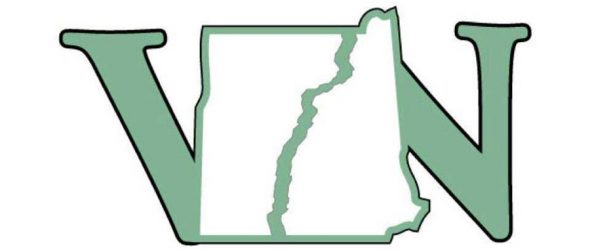The House and Senate have neared a deal on legislation that would create a legal marketplace for marijuana in Vermont.
The major disagreement on the bill, SB 54, remaining between the two chambers is how to raise revenue from the new marketplace for municipalities.
The Senate prefers sending 2% of tax revenue from marijuana sales to towns that host cannabis businesses. The House favors giving towns money from marijuana licensing fees on cannabis businesses.
But while lawmakers still haven’t reached a final agreement, negotiators from both chambers made major concessions during a meeting on Friday.
To compromise with the House, the Senate agreed to several House priorities, including a measure that would allow police to use saliva tests to screen drivers for drug use and make it a requirement for towns to vote in favor of allowing dispensaries before they can set up shop.
The House agreed to get rid of a provision that would give police the authority to pull drivers over if they suspect they aren’t wearing seat belts. The Senate has vigorously opposed this measure, arguing that it will lead to an increased number of police stops, which studies show more heavily impact people of color.
Sen. Dick Sears, D-Bennington, the chair of the Senate Judiciary Committee, called the measure a “deal killer” last month and reiterated Friday that he could not accept the bill if it was included.
“There is no compromise on seat belts,” Sears said. “So it’s either out or there’s no point in us continuing to discuss.”
As part of its negotiations with the Senate, the House also immediately retracted a proposal it put on the table Friday that would make it a civil offense to transport containers of alcohol, or marijuana, in the passenger area of a vehicle.
Under the House’s proposal, bottles of alcohol would need to be placed in the trunk, or a locked glove box to be transported legally.
Negotiations will continue this week and are expected to focus on how marijuana, and Vermont’s new marijuana industry, would be taxed. Under the current tax structure that both chambers have agreed on, marijuana sales would be subject to a 14% excise tax and a 6% sales tax.
Senators want to send 2% of the money raised by the excise tax to towns that have cannabis businesses, such as dispensaries or cultivators. The money would be distributed based on the number and types of businesses in a town, and their “impact” on the community.
The House prefers levying state fees on cannabis businesses, and distributing those fees to towns in which the fees are collected. Those fees, set by the Legislature, would be designed to help towns “defray the cost incurred by municipalities in which cannabis establishments are located.”
Sen. Jeanette White, D-Windham, questioned why the House preferred the system of fees, noting that under the Senate’s proposal, towns would see more money as marijuana sales increased.
“May I just ask why there is such resistance to allowing the towns to prosper as the state prospers so that if revenues go up they would share in that increased revenue,” White said. “With the fee structure, they do not share in the increased revenue.”
Rep. Janet Ancel, D-Calais, the chair of the House Ways and Means Committee, said that the fee structure would be focused on helping municipalities address the expenses associated with marijuana businesses, such as the need for increased law enforcement.
She said the fee structure would allow the state to “make communities whole” and target the types of businesses that may lead to higher expenses for towns.
“They’re targeted to the activity, so it might be higher, for example, if you have cultivators in your area, or producers … that might be with higher enforcement costs than retail — we just don’t know,” Ancel said.
After senators disagreed with the House’s proposal to make it a requirement for towns to vote to “opt-in” before cannabis dispensaries can open up — citing concerns that it would make it hard for the fledgling industry to develop in Vermont — they accepted the House’s position on Friday.
The Senate also agreed to allow police to use saliva tests, provided they obtain a warrant to do so.
Senators had previously criticized the science behind saliva testing and opposed them on civil liberties grounds.
At the end of Friday’s meeting, Sears said that the House and Senate were close to a deal.
“It appears that we’re probably extremely close on everything except one issue,” Sears said.
The Senate and House negotiators will be meeting again this week.


